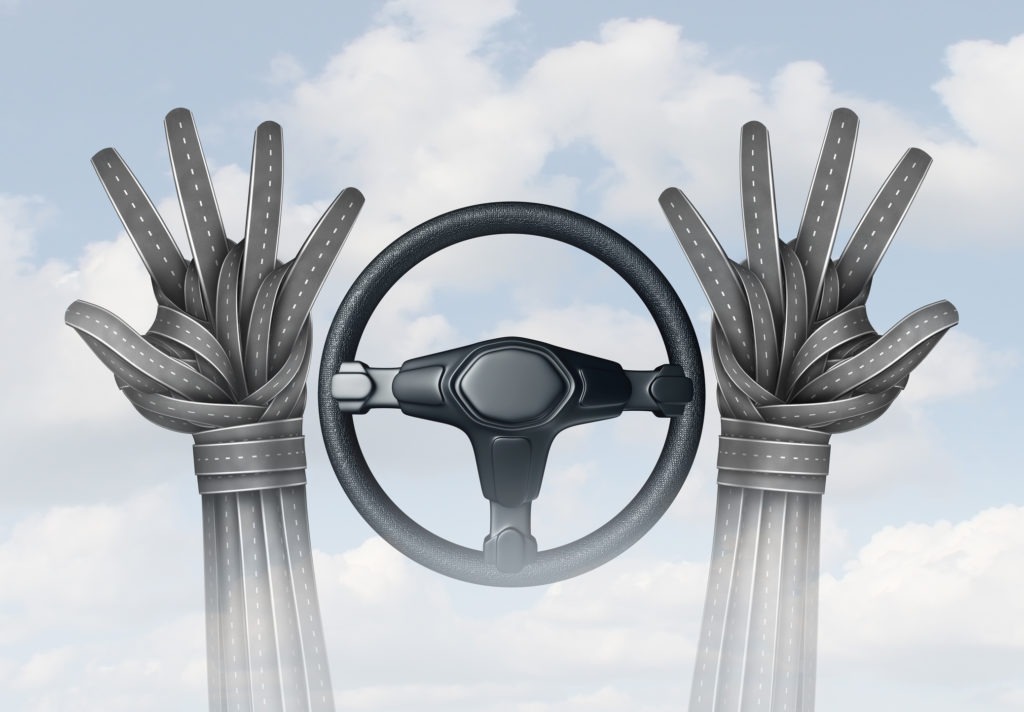UK Government awards funding for 38 driverless and low-emissions projects
11 April 2017

11 April 2017
The UK Government has awarded a total of £109.7 million (€128.9 million) of government funding, alongside significant funding from industry, to help develop the next generation of driverless and low-carbon vehicles, as part of its Industrial Strategy and the Government’s Plan for Britain.
Seven projects will share grants from the latest round of funding from the Advanced Propulsion Centre (APC), the joint industry-government programme. They cover a wide range of new innovations, including the development of a high power battery for high-performance vehicles and technologies which will reduce vehicle weight and, in turn, especially improve the potential for electrification of SUVs. A further seven projects have won funding from the Government’s Office for Low Emissions Vehicles (OLEV) to advance the development of a range of ultra-low and zero emissions vehicle technologies.
Ian Constance, Chief Executive of the APC, said: ′The APC funding demonstrates the depth of low carbon development that is now possible in the UK. From powertrain, to lightweighting, to energy storage, these new projects will not only lower emissions but secure thousands of jobs, address supply chain gaps, and help the UK become a true global leader in advanced vehicle technology.’
The Government has also announced the first set of winners of the second round of its connected autonomous vehicles competition, CAV2, with 24 projects set to receive a share of up to £31 million (€36 million), which will be matched by industry funding. The CAV2 competition includes funding from the UK’s innovation agency, Innovate UK, for four one-year research and development projects supporting CAV vehicle developments, specifically in the areas of energy reduction and air quality improvements. The government will launch its third CAV competition, CAV3, to fund further industry-led research and development projects later in the year. These announcements follow the launch of the first phase of the CAV programme at the end of March with a competition worth £55 million (€65 million).
Finally, the UK Government has also announced that people buying an electric vehicle will continue to benefit from up to £4,500 (€5300) off the cost of an ultra-low emission car, up to £2,500 (€2900) off a hybrid and will receive £500 (€590) towards the installation of a charging point at home.
Business and Energy Secretary Greg Clark said: ′Low carbon and driverless cars are the future and as a government we are determined through the Industrial Strategy to build on our strengths and put the UK at the forefront of this revolution. Investment in this technology is an integral part of this Government’s efforts, to ensure the UK auto sector remains competitive and world-leading.‘
Transport Minister John Hayes said: ′I am absolutely committed to improving air quality and reducing pollution in towns and cities, which is essential for people’s health and the environment. This government is investing £109 million to support British businesses in developing innovative, important technologies which will greatly reduce our emissions footprint. The number of ultra-low emission vehicles on our roads is at record levels and our renewed support for these exciting technologies is yet another significant milestone.‘